Stefania Santelia contributes to the Festschrift Paolo Mastandrea with ‘Sidonio Apollinare, carme 9: un griphus per il lector?’
Download volume here
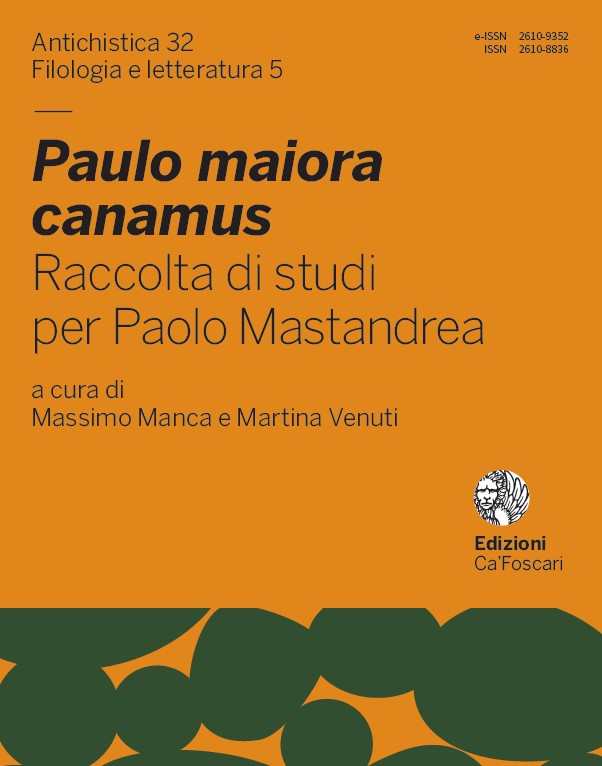
Stefania Santelia contributes to the Festschrift Paolo Mastandrea with ‘Sidonio Apollinare, carme 9: un griphus per il lector?’
Download volume here

Silvia Condorelli contributes to the Festschrift Paolo Mastandrea with ‘Sulle perdute Declamationes di San Remigio: Sidon. ep. 9.7’.
Download volume here

A miscellaneous volume Paulo maiora canamus is out in honour of Paolo Mastandrea including contributions by colleagues and friends dealing with some of the main topics of his scientific interests: intertextuality, late Latin studies, philological problems, the legacy of Classics in Renaissance and digital humanities.
Download here
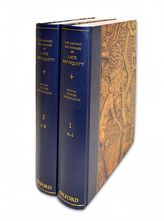
Under the title ‘Codex Nicholsonianus’, George Woudhuysen writes a broad review article of Oliver Nicholson’s 2018 The Oxford Dictionary of Late Antiquity, ‘first port of call for anyone with a basic question’ on Late Antiquity, in the Journal of Roman Studies 111 (2021) 225-38, online here.
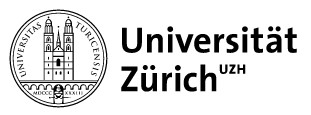
The University of Zürich has developed a new version of its Corpus Corporum repository of late Latin literature based on Migne’s Patrologia latina. This also comprises a fully clickable version of Sidonius’ poetry and letters.

A straightforwardly partisan portrait of Anthemius from the Byzantinist Henry Hopwood-Phillips: ‘Anthemius, the Betrayed Byzantine Saviour of the West’, blogpost The Byzantine Ambassador, 16 September 2021.
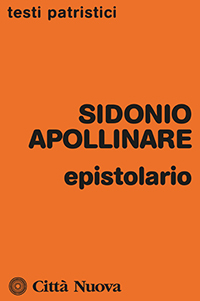
In BSL 51,2, July-December 2021, pp. 719-21, Filomena Giannotti reviews Patrizia Mascoli’s recent Italian translation of Sidonius’ correspondence:
The same issue of BSL also contains an account of the Siena conference Metamorfosi del classico in età romanobarbarica (pp. 632-7).

Gernot Michael Müller is to fill one of the slots of the Bonn online lecture series ‘The Auspicious Occasion’ with:
‘Gelegenheiten zur Selbstbehauptung – Sidonius Apollinaris’ Carmina minora und die Funktion lateinischer Gelegenheitsdichtung am Übergang von der Spätantike zum Frühmittelalter’.
Date: 6 December. Programme with Zoom link here.

On 25 and 26 November, an international colloquium will be held of early career researchers in ancient epistolography, organised by the Universities of Bari and Durham: ‘Writing Letters in the Ancient World: Fictional and Real Letters from the First Century BC to the Fifth Century AD’.
Keynote speakers: Roy Gibson and Ruth Morello.
Giulia Marolla is to speak on ‘Sidonius, Letters Book 5: Between Literary Fiction and Autobiography’.
Organising committee: Laura Losito, Giulia Marolla and Enrico Simonetti.
Download programme here. If you wish to attend, please contact Laura Losito (Durham).
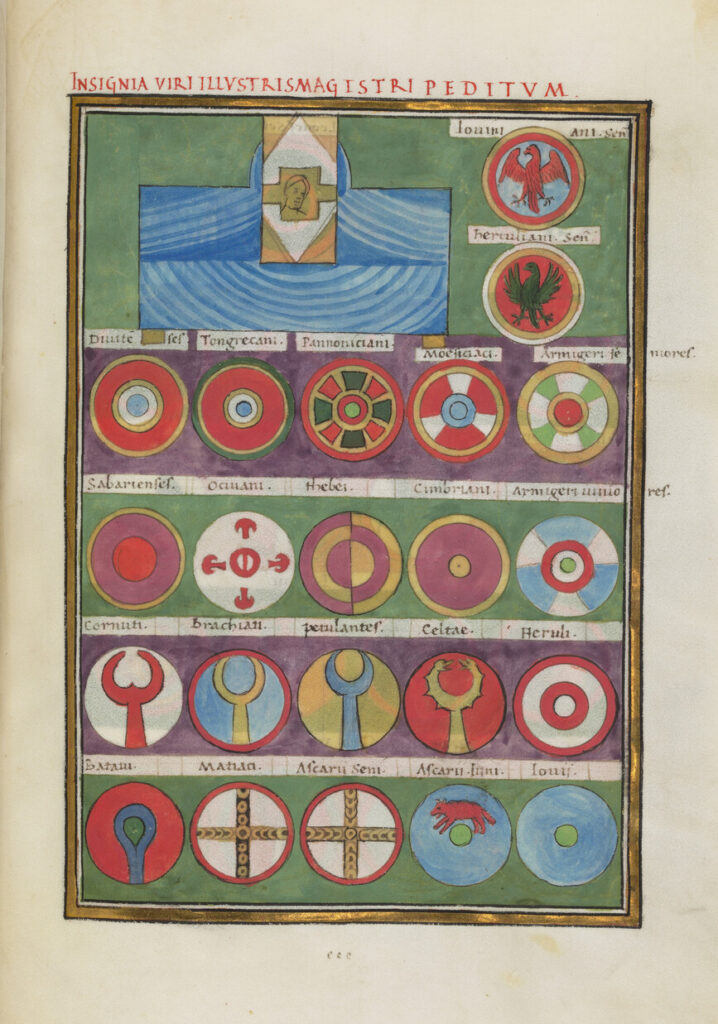
Salvatore Liccardo made a blogpost ‘Identical Strangers: The History of the Heruli Between the 3rd and the 5th Century’, ÖAW 12 October 2021. It is part of the project Visualizing Semantic Landscapes in Early Medieval Europe (MMP), coordinated by Walter Pohl and Veronika Wieser.
To the passage mentioned by the author (Carm. 34.31 in Ep. 8.9.6 to Lampridius: hic glaucis Herulus genis vagatur) one can add Carm. 7.235-6 vincitur illic / cursu Herulus, Chunus iaculis Francusque natatu.